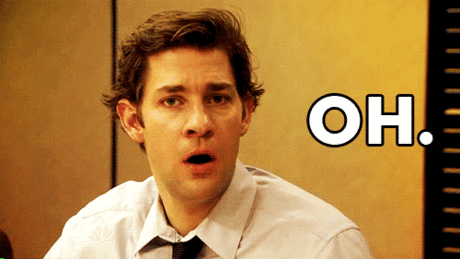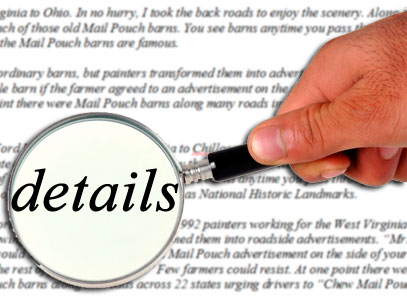The first thing I noticed when looking over my portfolio was that I seemed to lack a sense of purpose in my earlier work. My video project captured the essence of the project goals, but I don’t think at that time I had a clear vision of what the overarching goal of the project was. I was under the impression we were just supposed to study storytelling as a kind of communication.  But that’s not what the goal was, in hindsight. The goal was to learn how Orality can communicate certain information, like beliefs, better than other forms of communication. The goal was to learn through composition, rather than studying Orality through reading and listening. Upon reflection, I think I did learn what I was supposed to: I learned how to communicate a belief through storytelling, and I learned how that mode of communication has benefits that other more formal, academic modes, do not. When looking at the course goals on the syllabus, I see now that this was indeed one of the course goals. We were supposed to learn how these distinct forms of knowledge are conveyed and created. I learned exactly that.
But that’s not what the goal was, in hindsight. The goal was to learn how Orality can communicate certain information, like beliefs, better than other forms of communication. The goal was to learn through composition, rather than studying Orality through reading and listening. Upon reflection, I think I did learn what I was supposed to: I learned how to communicate a belief through storytelling, and I learned how that mode of communication has benefits that other more formal, academic modes, do not. When looking at the course goals on the syllabus, I see now that this was indeed one of the course goals. We were supposed to learn how these distinct forms of knowledge are conveyed and created. I learned exactly that.
Looking at my later work, like my comments on recent discussions and the Bonus Exercise, I can see a much more purpose-driven mind behind it. Regrettably, I never read the syllabus. But later in the class I naturally saw what the overarching goals of the class were. I saw that we were supposed to learn how the paradigmatic-rhetorical method can shine light on different worldviews, specifically what forms of knowledge are valued, left out, treated subordinately, etc. By looking at different rhetorical paradigms we saw how things like expertise and proof are defined differently depending on the paradigm. My thoughts on these matters developed gradually throughout the semester, and my work shows that. Just in the last two weeks or so I’ve had that, “Aha!” moment where it all came together.

Thus, in my most recent work, the Bonus Exercise, my writing seems clear, concise, and complete. It relates to all the different strategies and methodologies which we have covered this semester. My paradigmatic-rhetorical analysis of Scientism and New Atheism borrows from several different strategies we’ve learned this semester, like digital media as a communicative and persuasive tool.
Perhaps the most valuable takeaway for me is a new ability and methodology for analyzing worldviews. It is not an all-encompassing tool — paradigm-rhetoric — but it does allow for special insight from a different perspective. It presents us with a keen view on what information is considered most valuable, what constitutes proof and expertise, and how specific rhetorical approaches are better suited for different goals. With this tool we can “zoom in” on peculiar rhetorical conventions in different fields and extract valuable information.

What is left out? Which institutions are prominent? What is taken for granted? These are the kinds of questions one asks when using the paradigm-rhetorical method, and the answers they obtain lend insight into larger ideas like worldviews.